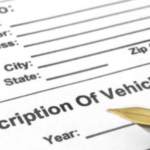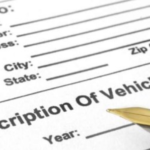If you plan on buying a used car in the market, we know it can be a daunting task, especially when looking for a vehicle that meets your needs and budget without hidden surprises. This comprehensive guide will arm you with the essential points to consider when buying a used car, ensuring you make a well-informed and cost-effective choice. By equipping yourself with knowledge about potential pitfalls and essential checks, you can navigate the complexities of the used car market with greater confidence and success.
1. Vehicle History

First and foremost, you will want to obtain a full vehicle history report that details any accidents, repair history, and the number of previous owners. You can do a free license plate look up here.
Why It Matters: This information can expose past damages and operational issues, helping you avoid cars with potentially costly hidden problems.
2. Exterior Condition

Make sure to carefully inspect for rust, dents, and paint condition. Check the alignment of body panels and look for inconsistency in paint that might suggest body repairs.
Why It Matters: Exterior assessments can reveal prior accidents and repairs, impacting the car’s safety and resale value.
3. Interior Inspection
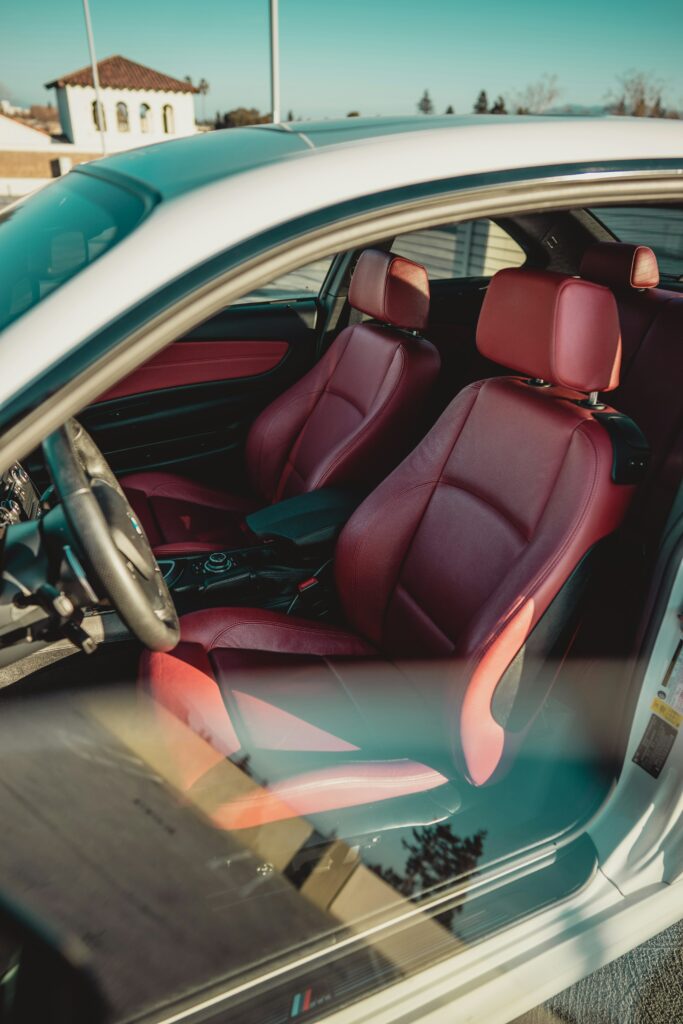
Nobody wants a worn out car, regardless if it is used. Wear on the seats, condition of the dashboard, and operational status of electronic devices.
Why It Matters: The interior condition can indicate the general upkeep of the car and affect your driving experience.
4. Under the Hood

Before making the purchase, make sure to always pop the hood first. Look for any signs of leaks, rust, or wear on the engine, hoses, and belts. Check the oil and transmission fluid levels and color.
Why It Matters: The engine condition is critical as it dictates the performance and lifespan of the car.
5. Tires
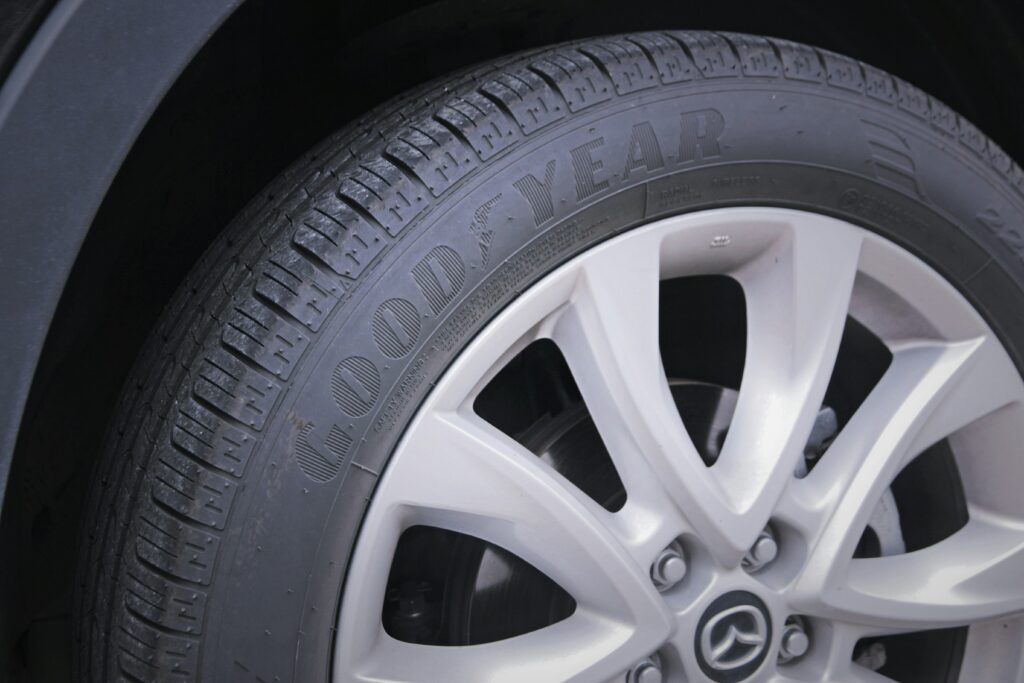
One of the most important things to look out for is the car tires. Check for tread life and even wear.
Why It Matters: Tires are an indicator of a vehicle’s alignment and suspension health and are costly to replace.
6. Test Drive

Go on and take a test drive first. Pay attention to handling, braking, and unusual noises. Ensure the car drives straight without pulling to one side.
Why It Matters: Driving the car yourself helps you catch performance issues that could indicate problems with the engine, transmission, or other systems.
7. Reputation
Look up consumer reports and reviews about the reliability and maintenance costs of the car model you are looking to buy. A little research goes a long way.
Why It Matters: Some models are known for their durability and low cost of maintenance, while others may have a history of mechanical issues.
8. Check for Recalls
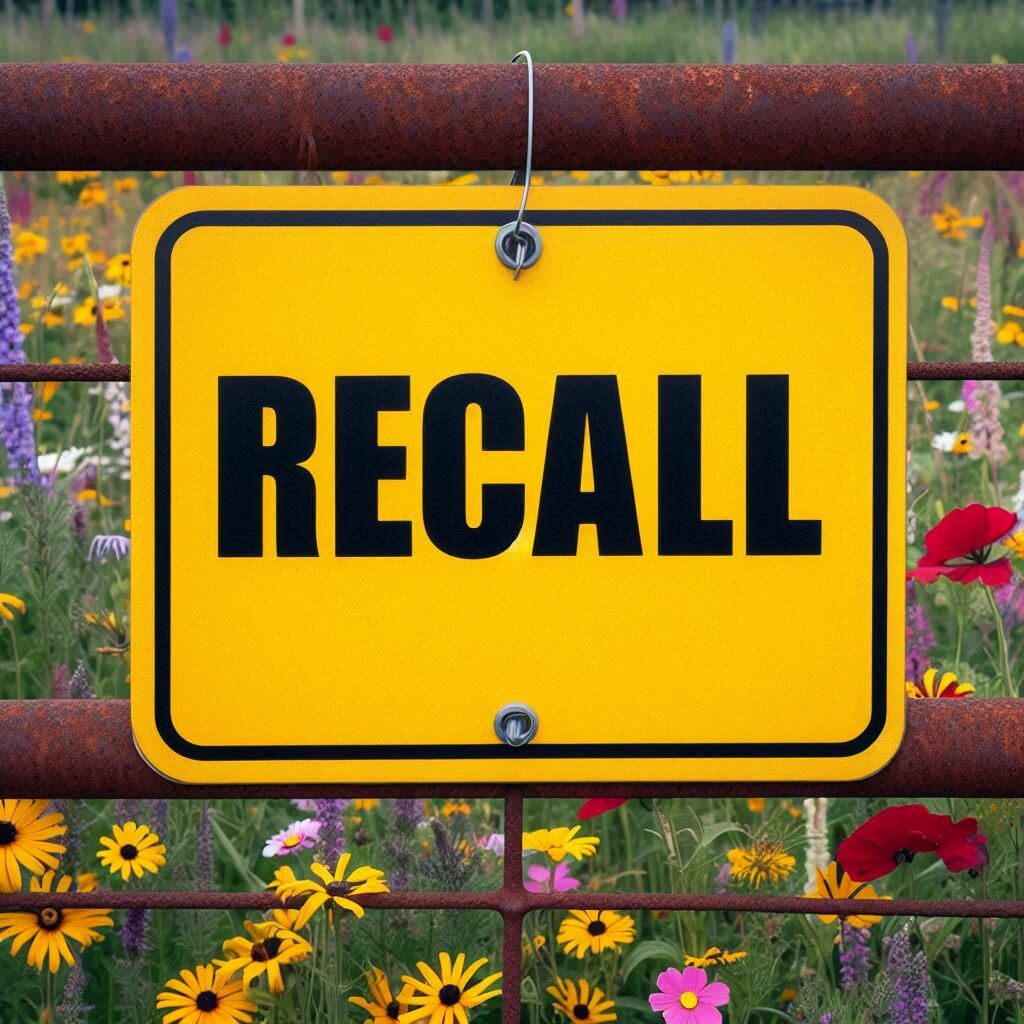
It is best to verify if the car has had any manufacturer recalls.
To check if a car has had any manufacturer recalls, you can use the National Highway Traffic Safety Administration (NHTSA) websites. Here’s how to do it:
- Visit the NHTSA recalls website.
- Enter the vehicle identification number (VIN) of the car. The VIN can be found on the driver’s side dashboard or on a sticker inside the driver’s side door.
- The website will display any recall notices based on the VIN entered.
Why It Matters: Recalls can be a serious safety concern and might have been addressed or ignored by previous owners.
9. Assess Aftermarket Modifications

You need to take into consideration of any non-original modifications to the vehicle.
Why It Matters: Modifications can affect the car’s warranty, insurance, and safety. They can also impact the overall performance and resale value.
10. Professional Inspection
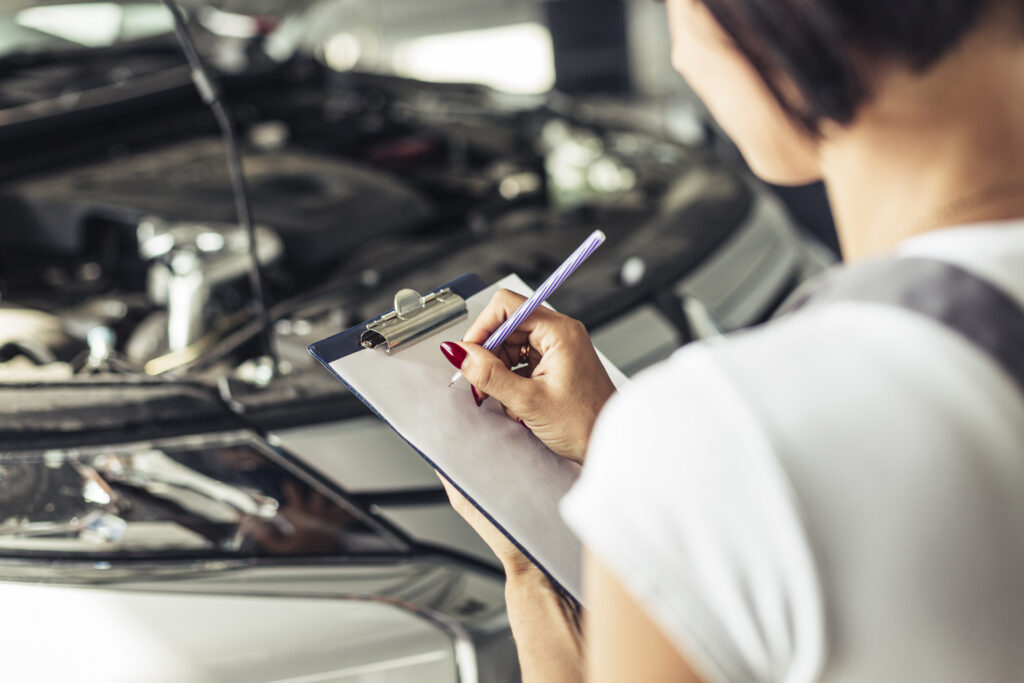
Last but not least, have the car checked by a certified mechanic before purchasing. They might be some important things you have missed out on, or the used car dealership forgot to mention.
Why It Matters: A professional can find potential problems that you might not notice, potentially saving you from expensive repairs in the future.
Make an Informed Decision
Purchasing a used car involves meticulous scrutiny. By following these detailed points, you can protect yourself from buying a lemon and instead find a reliable vehicle that offers good value for your money. Remember, taking your time and doing thorough research is key in the used car buying process. It’s essential to approach this purchase with a strategic mindset, prioritizing long-term satisfaction over short-term appeal. Consulting with automotive experts and using reliable resources will further enhance your ability to make a well-informed decision.



